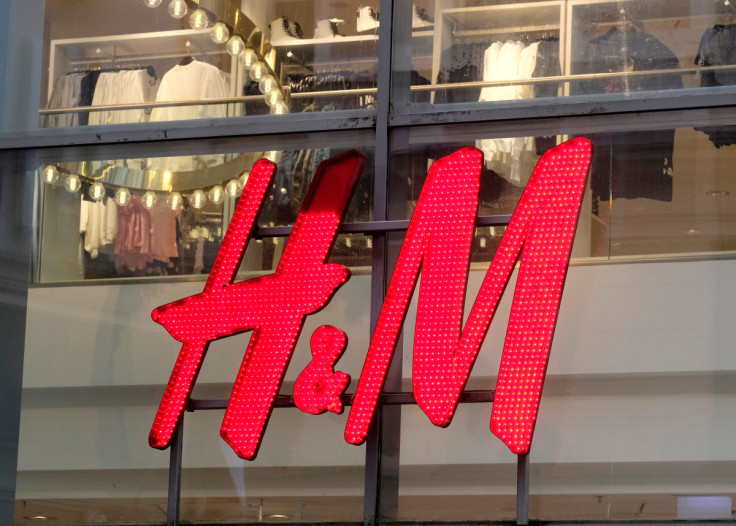H&M Says It Will 'Phase Out' Operations In Myanmar Amid Labor Abuse Allegations

KEY POINTS
- H&M said it was monitoring the latest developments in Myanmar very closely
- H&M partnered with 41 factories across Myanmar, which employ nearly 42,000 workers
- Other fashion retailers, including Zara and Primark, announced cutting ties with Myanmar suppliers
H&M, the world's second-largest fashion retailer, has planned to cease operations in Myanmar in the wake of an increase in labor abuse allegations at garment factories in the country.
The Swedish clothing retailer said it was facing increased challenges to conduct its operations in the country according to its standards and requirements.
The retailer pointed out it was following up on several instances of alleged labor abuse at garment factories and "monitoring the latest developments in Myanmar very closely," as per CNN. "After careful consideration, we have now decided to gradually phase out our operations in Myanmar," a company spokesperson told the outlet.
This comes as a U.K.-based human rights advocacy group documented more than 200 alleged cases affecting over 100,000 workers between February 2021 to February 2023, Japan Times reported. The rise in alleged instances of abuse demonstrated a decline in workers' rights in the country in the aftermath of the February 2021 military coup.
Wage theft and reduction were among the most reported labor abuses, along with unfair dismissal, forced overtime, and inhumane work rates, a report by the NGO, the Business and Human Rights Resource Center (BHRRC) claimed.
Workers affected "are employed at 124 factories producing for at least 47 named global fashion brands and retailers," including H&M, Zara owner Inditex, Primark, and Marks & Spencer.
Responding to the BHRRC report, H&M issued a statement, noting all the cases were being "followed up and where needed remediated through our local team on the ground and in close cooperation with relevant stakeholders."
As of March, H&M partnered with 41 factories across Myanmar, which employed nearly 42,000 workers in the country, as per company figures. The chain clarified it doesn't directly own any of these factories, but rather outsourced the production of its clothing to individual suppliers.
Previously, a number of other fashion retailers, including Zara owner Inditex, Primark, and Marks & Spencer, announced cutting ties with suppliers in Myanmar over alleged labor abuse instances. Considering the garment sector is a key employer in the south-east Asian country, the development can significantly impact thousands of workers in the industry, who continue to grapple with an economic slowdown following the military coup and COVID-19 repercussions.
Last September, Primark issued a statement in response to a separate report from another nonprofit group. In the statement, the British fast fashion chain said the report "shows there has been a significant deterioration in the situation in Myanmar."
"This poses significant challenges to our ability to ensure the standards we require to protect the safety and rights of the people who make our clothes and products," the company said.
In July, Zara owner Inditex said it was halting purchases from Myanmar, following a campaign by the global workers' union IndustriALL aimed at convincing companies to divest from the country.
"Inditex is in the process of a phased and responsible exit from Myanmar, following IndustriALL's call," a company spokesperson told Reuters. "As a result, we continue to reduce the number of active manufacturers in the country."
© Copyright IBTimes 2025. All rights reserved.






















